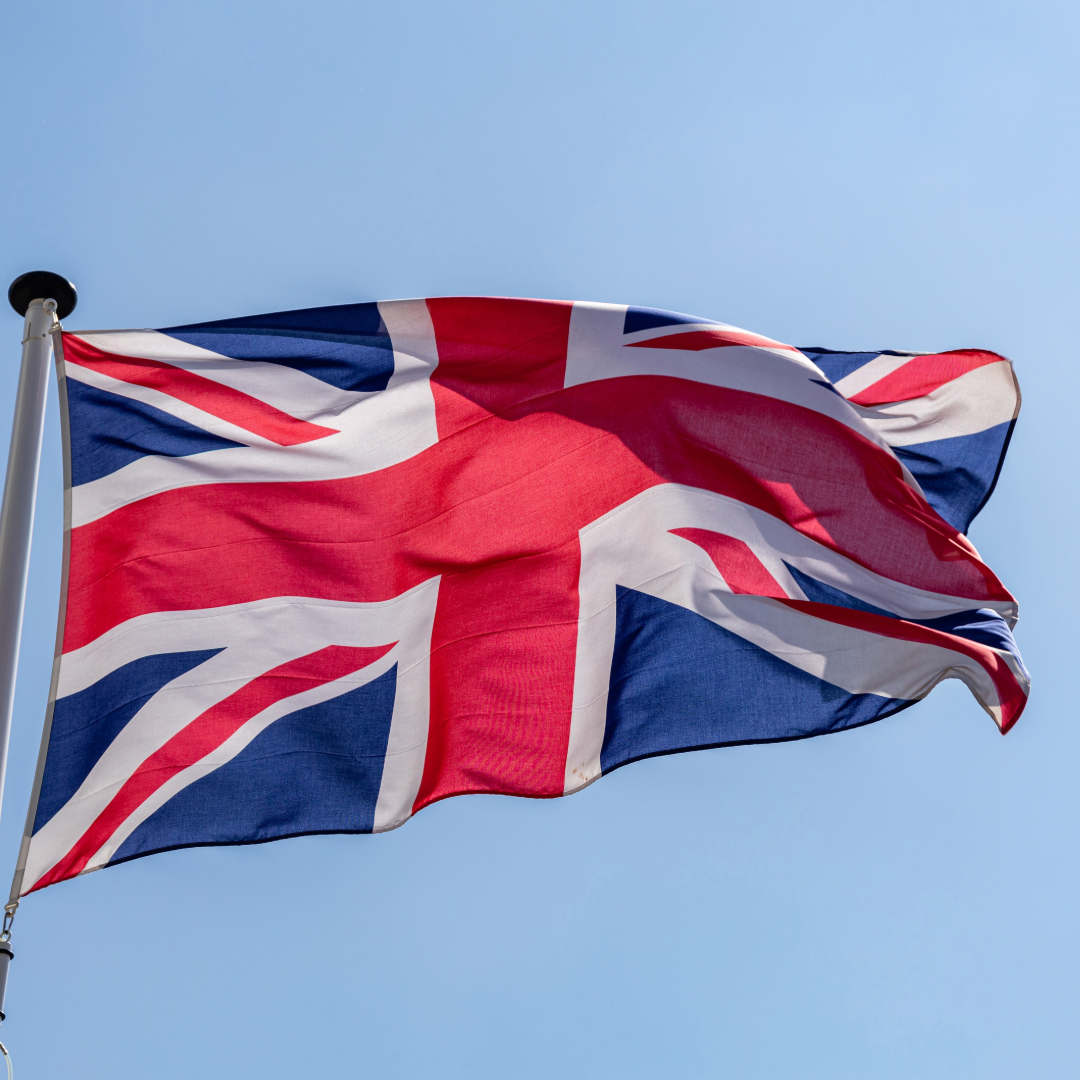EPR UK: current obligations for retailers in relation to packaging


Extended Producer Responsibility (EPR) is a European regulation that makes manufacturers, importers and companies responsible for the life cycle of their products and packaging in accordance with the polluter-pays principle. A concept that is widely used in the EU due to the EU Packaging Directive 94/62/EC. The UK also has EPR regulations, even though it is no longer part of the EU since Brexit. If you are shipping goods to the UK, you should therefore familiarize yourself with the exact regulations in the country in advance in order to avoid sanctions and be compliant. In the following article, we will give you an overview of the current EPR obligations in the UK and take a look at upcoming changes.
What is the Extended Producer Responsibility for packaging UK (pEPR UK)?
The Extended Producer Responsibility for packaging (pEPR) has been in force in the United Kingdom since January 2025. The regulation came into force as part of the Producer Responsibility Obligations (Packaging and Packaging Waste) Regulations 2024. The pEPR UK was introduced to transfer the financial and operational responsibility for packaging waste from consumers and local authorities to producers, as we are seeing in many EU countries and Germany. The goal also sounds familiar: To incentivize sustainable packaging practices and increase recycling rates.
PackUK: New EPR UK regulation comes with new system administrator
Not only has EPR UK been rethought, but a new government agency, PackUK, has also been launched. It manages the emerging waste disposal system. PackUK’s area of responsibility covers the four nations: England, Scotland, Northern Ireland and Wales. In Wales it is called PecynUK. PackUK’s responsibilities include setting EPR charges, collecting payments and distributing the available funds to local authorities, who in turn provide collection and recycling services.
When am I obliged to register for EPR UK?
Unlike in Germany, where every company that places packaging on the market to private end customers is obliged to license and register the packaging, there are so-called volume and turnover thresholds in the UK with regard to compliance with extended producer responsibility. If you ship goods to the UK, you are obliged under the EPR UK to register your packaging if you have a branch there, generate an annual turnover of over 1 million pounds and put over 25 tons of packaging material into circulation.
The UK EPR also differentiates between “Small Producers” (SP) and “Large Producers” (LP). Small producers fall under the listed volume and turnover thresholds and are only obliged to submit their packaging data at the beginning of the year.
You count as an Large Producer if you have an annual turnover of more than 2 million pounds and put more than 50 tons of packaging material into circulation. Large Producers have been obliged to prepare an EPR report every six months since 2023 and will also be required to pay an EPR fee from October 1, 2025. This fee is based on the individual packaging types and quantities of the distributor.
Obligation to register and EPR fee in the UK
Both LPs and SPs in the UK are obliged to report information on their packaging types and quantities to the Department for Environment Food & Rural Affairs.
To do this, you must register online with the regulatory authority and submit your packaging quantities collectively. There is a fee for registration. In the UK, only traders declared as Large Producers are obliged to pay EPR fees.
What is Defra?
The Department for Environment, Food and Rural Affairs is the UK Government department responsible for environment, agriculture, fisheries and rural development. It is also responsible for PackUK and all EPR UK issues.
Current developments on EPR UK
In addition to packaging, the current EPR areas in the UK also include electronic goods, batteries and vehicles. In future, these categories are to be expanded to include furniture and textiles. The current recycling targets for the existing categories are also to be increased in order to reduce the amount of waste. These measures will be accompanied by product adjustments on the part of companies.
In general, the UK seems to be taking its cue from its EU neighbors and, despite leaving the EU, is following suit when it comes to the EPR. It is therefore worth taking a regular look at the latest EPR Packaging UK updates so as not to get left behind.
You can find out what other regulations apply to other countries within the EU here.
Outlook: Mandatory labeling in the UK
In addition to the very fundamental UK EPR changes, mandatory labeling for primary and shipping packaging is to be introduced from March 31, 2026. This obligation is to apply to all manufacturers without a threshold and inform consumers about the disposal of packaging. Plastic films are initially to be excluded from the introduction of mandatory labeling. From March 31, 2027, the obligation will apply to all types of packaging, regardless of whether it is plastic film or cardboard.

LIZENZERO.EU makes packaging compliance in Europe very easy.
Do you ship your products to different countries in the EU? Many different legal requirements and obligations can make the whole thing quite complicated – but don’t worry, we’ll do it for you. How do we do it? With our licensing service, we take over all obligations for you by power of attorney. Sounds good? We’ll be happy to advise you.
For shipping to Germany, you can easily fulfill your packaging obligations yourself via Lizenzero.de.
EPR in Switzerland – Recycling for businesses
Clear EPR obligations already apply in many European countries. Manufacturers and retailers are responsible for the entire life cycle of their packaging and must register with the relevant national systems and pay licence fees. But what is the situation in Switzerland?
EPR in Portugal: Guide for manufacturers & retailers
Many European countries have packaging licensing regulations, and Portugal is no exception. Companies that deliver packaged goods to or from Portugal must ensure that they comply with the EPR regulations that apply there. But what does this mean in concrete terms? Retailers and manufacturers are obliged to register, licence and label their packaging in Portugal.
Deposit on bottles in Spain: Everything you need to know
Spain wants to introduce a deposit system for single-use drinks packaging in November 2026. For companies that sell drinks in Spain, but also for consumers, the question is: how will the system work and what impact will it have on the market? We therefore take a detailed look at the background, the planned regulations and the challenges associated with the introduction of the bottle deposit in Spain.




